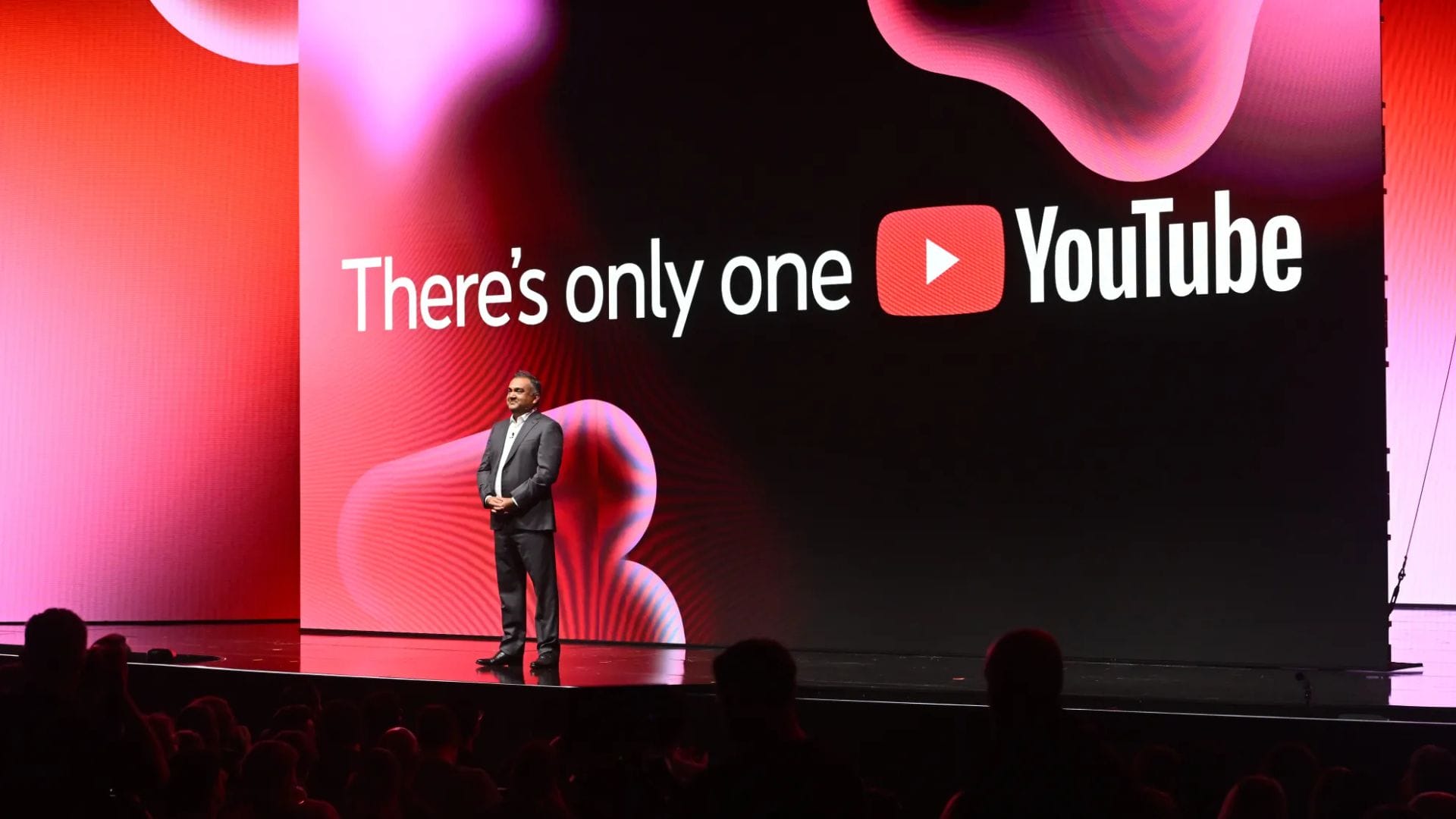YouTube dominates podcast listening, surpassing Spotify and Apple
More than 1 billion people watch podcasts on YouTube every month, far surpassing Spotify and Apple. Video content is now essential for podcast success.

YouTube isn’t a dedicated podcast app, but it has become the go-to platform for people who want to listen to online radio shows. According to the company, a staggering 1 billion people now tune into YouTube podcasts monthly. That figure not only surpasses Apple and Spotify—it completely overshadows them.
In comparison, Spotify reported in 2023 that it had 100 million regular podcast listeners. The company also revealed that since 2019, half a billion people have listened to a podcast on its platform. Apple, which often falls behind Spotify in third-party rankings, trails even further. With one-eighth of the world’s population turning to YouTube for podcasts, it’s clear that this is where the real growth is happening.
Why podcasters are embracing YouTube
Reaching YouTube’s massive audience requires extra effort from podcasters. Unlike traditional podcast apps, YouTube doesn’t allow you to turn off your phone screen and continue listening unless you have a YouTube Premium subscription. On top of that, many people don’t want to stare at a static image for an hour. This means that to make the most of the platform, podcasters need to create engaging video content.
Producing high-quality video can be expensive. Earlier this month, cooking creator Carla Lalli Music, formerly of Bon Appétit, revealed in a newsletter that it cost her US$3,500 to produce a single YouTube video. While her videos may be more complex than a standard podcast recording, they highlight the increasing demand for high-quality content on the platform. YouTube’s statistics confirm that over 400 million hours of podcasts were watched on TV last year. This proves that video is crucial, and podcasters can’t rely on simple webcam recordings to stand out.
The challenge of YouTube’s podcast rules
While YouTube offers access to a massive audience, podcasters must adapt to the platform’s unique rules. Unlike traditional podcast services that use RSS feeds, YouTube requires all podcasts to be uploaded as native videos. This also means podcasters must comply with YouTube’s advertising policies and use its ad system.
On other podcast platforms, creators can sell ads that suit their needs, providing advertisers with detailed listener metrics. However, as with Spotify or Apple podcasts, YouTube controls the ad system, making it harder for podcasters to track their reach and revenue.
Despite these challenges, many podcasters see YouTube as an opportunity they can’t ignore. The numbers speak for themselves—YouTube has become a major player in the podcast industry, even if it doesn’t follow the traditional format.
















